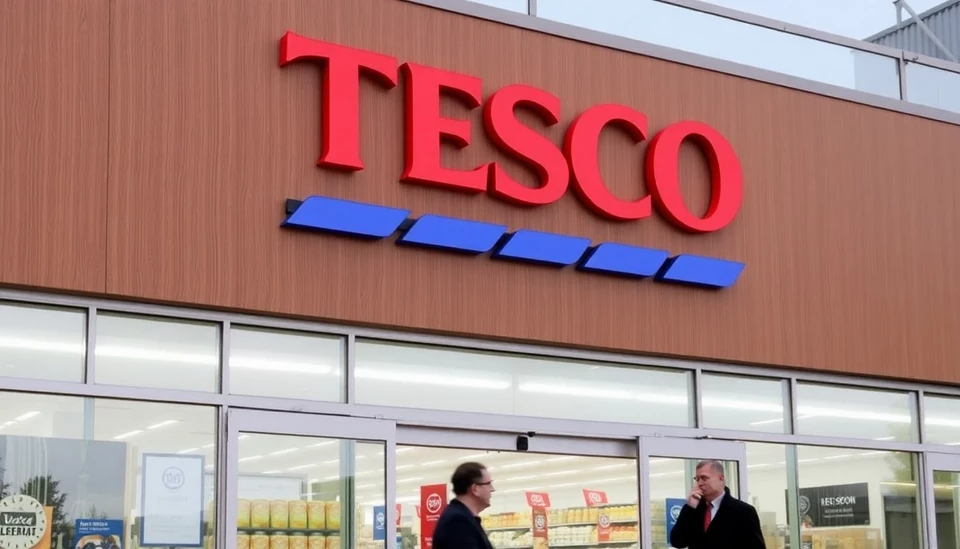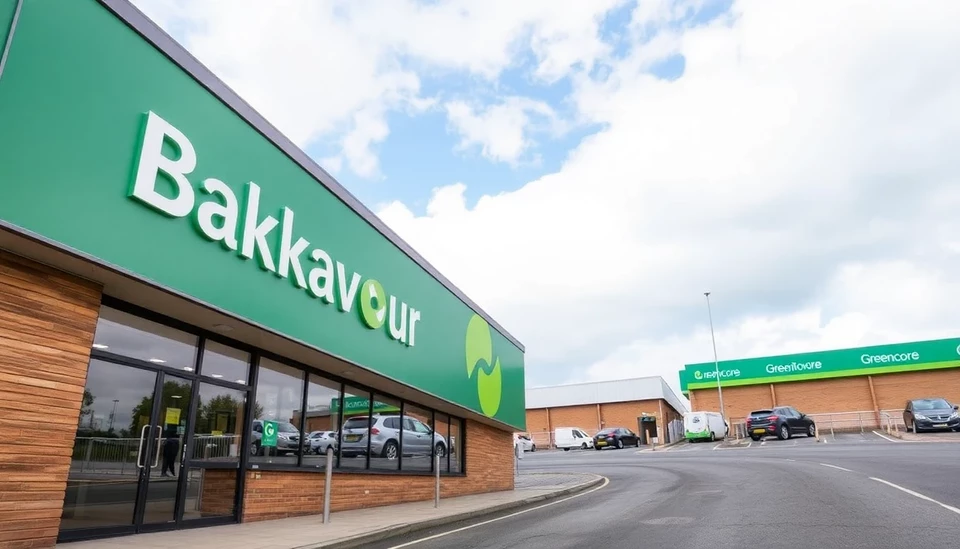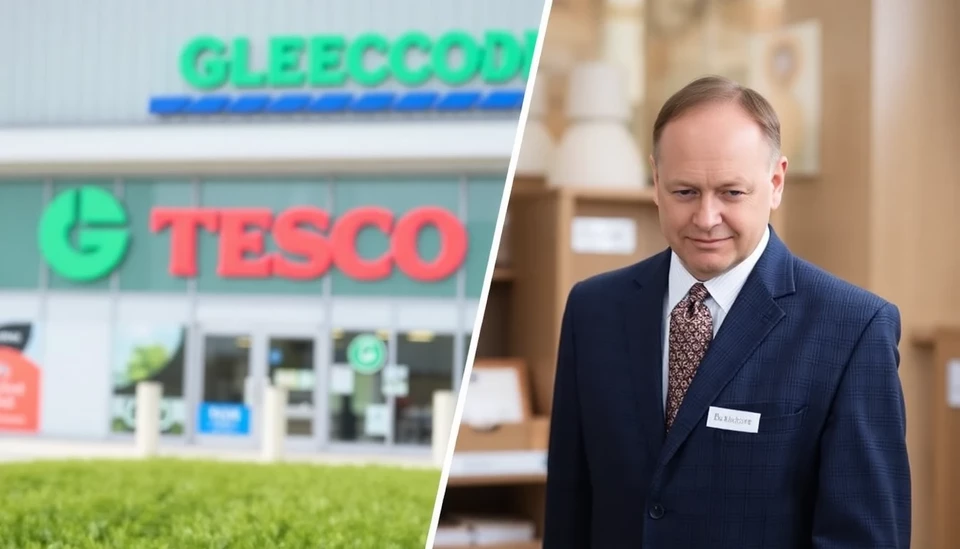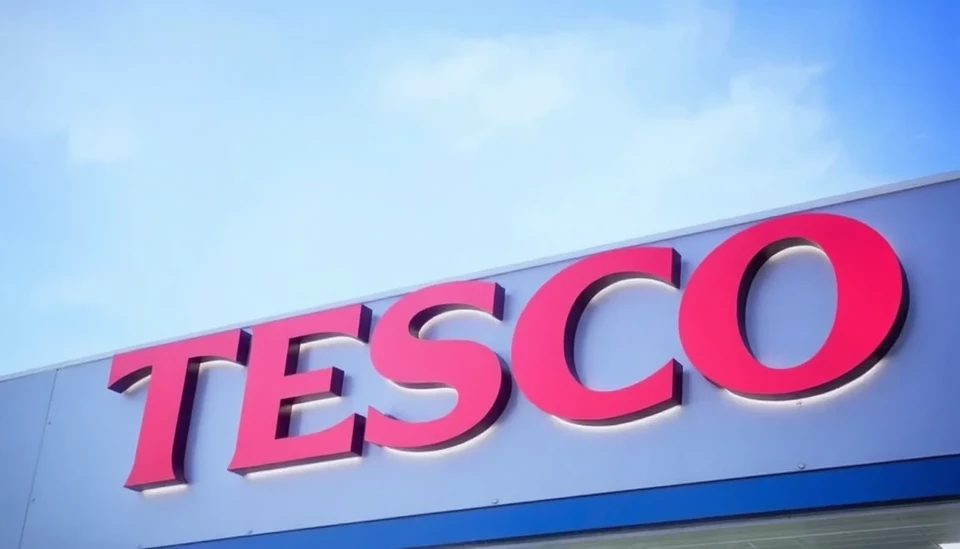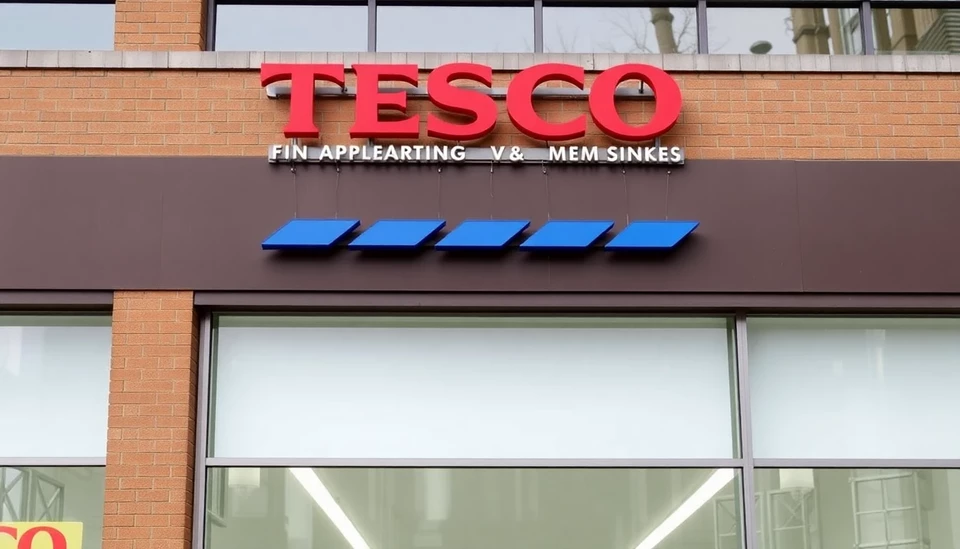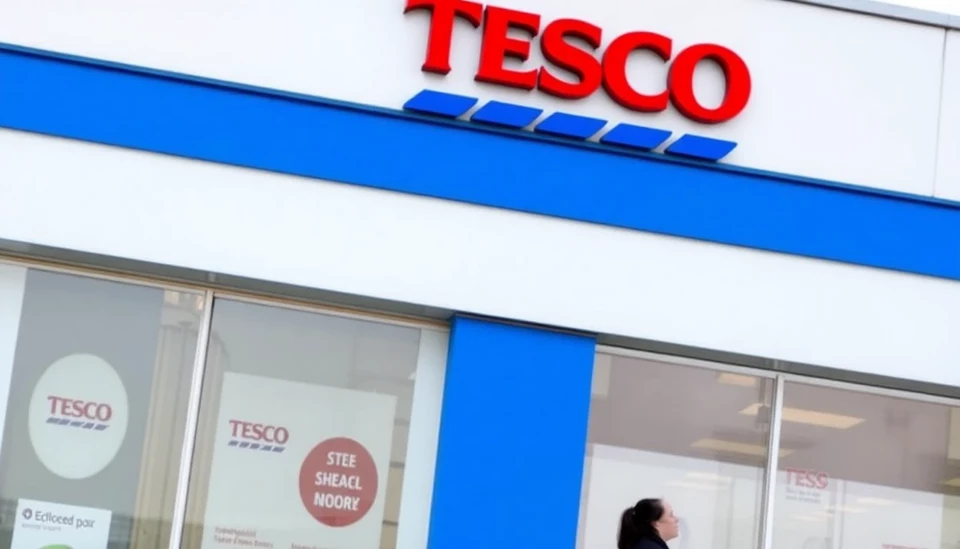
In a recent announcement, Tesco, the UK’s leading supermarket chain, has revealed its expectation for a decrease in profits, attributing the downturn to rising taxes and the increasing struggles of consumers in today’s economic landscape. This revelation highlights the challenges faced by the retail sector as households contend with escalating costs.
Despite the company’s efforts to maintain its market position, Tesco anticipates a profit drop of approximately 10% in the upcoming financial year. The projected decline comes in the wake of heightened pressure from government-imposed tax increases and the strain on household budgets caused by inflationary pressures. Analysts are concerned that these factors could deter consumers from spending, resulting in diminished sales for retailers.
During the previous financial year, Tesco had managed to boost its profits, but the outlook has shifted as economic conditions worsen. CEO Ken Murphy acknowledged the difficulties facing consumers today, stating that many households are experiencing tighter budgets. Furthermore, significant tax hikes proposed by the government are expected to have a direct impact on retail operations, as businesses grapple with enhanced costs of doing business.
Tesco has previously enjoyed a stable growth trajectory, benefiting from robust demand during the pandemic months. However, the end of lockdowns and the return to a more normalized shopping behavior have spelled challenges for the supermarket, as inflation continues to rise. Essential commodity prices have surged, leading to an increase in the cost of groceries, which can ultimately dissuade consumers from making bulk purchases.
In an effort to navigate these changes, Tesco is reevaluating its pricing strategies and looking for ways to enhance efficiency within its operations. The company is committed to offering competitive prices while ensuring that it does not compromise on profit margins. Murphy emphasized the importance of striking a balance between affordability for customers and the sustainability of the business in the long run.
This profit forecast has cast a shadow over the supermarket sector, raising concerns among investors. The ripple effect of increased taxes and financial strains on shoppers could also impact other retailers in the market, leading to a potential downturn across the industry as a whole. As consumers remain cautious with their spending, Tesco's response to these challenges will be closely monitored in the coming months.
With economic uncertainty looming, the supermarket industry braces for what could be a tumultuous period. Tesco’s experience is a reflection of a broader trend, where increased operating costs and consumer pressures force retailers to adapt swiftly to maintain their foothold in a competitive market.
The coming months will be critical for Tesco, as it looks for innovative solutions to address the evolving landscape. Stakeholders will be keenly watching how the company manages these challenges while keeping customer loyalty intact in an environment where shopping habits are rapidly changing.
As we move towards the end of the financial year, Tesco's ability to balance its operational and consumer needs will ultimately define its subsequent performance, setting a precedent for the retail industry at large.
#Tesco #Supermarkets #Retail #ProfitDecline #ConsumerStruggles #UKEconomy #Inflation #GroceryPrices #TaxIncreases
Author: John Harris
